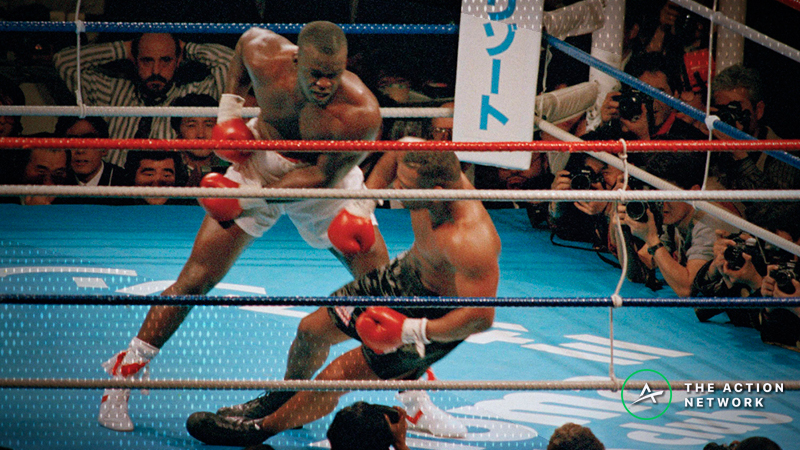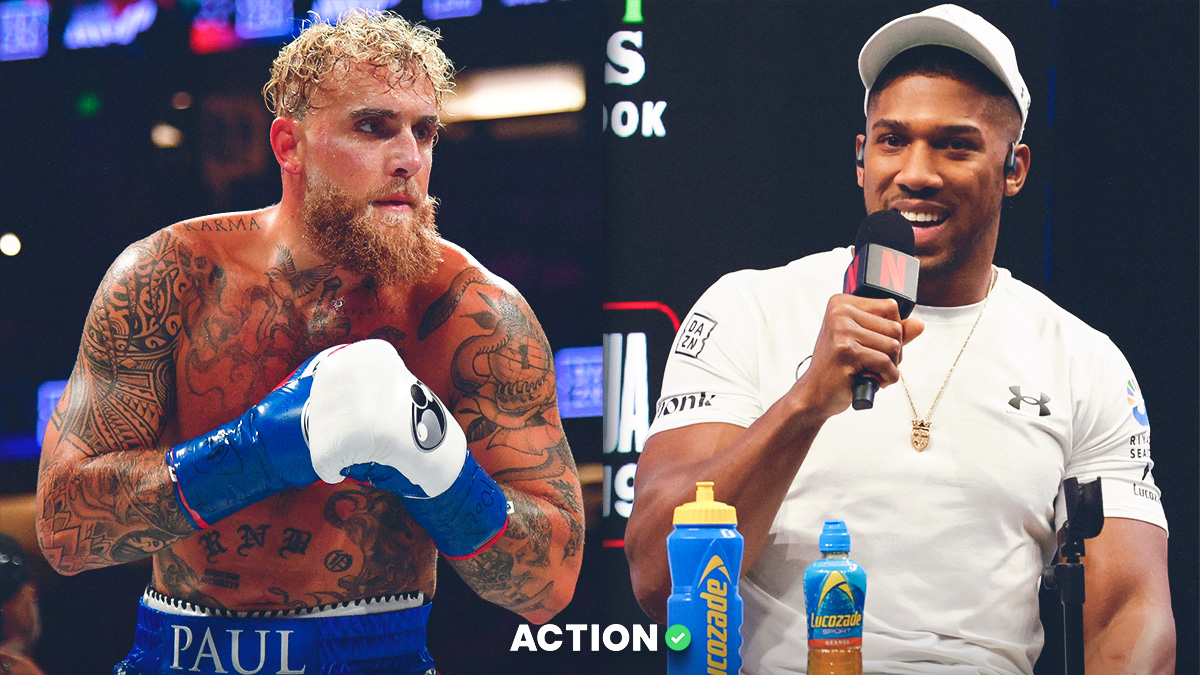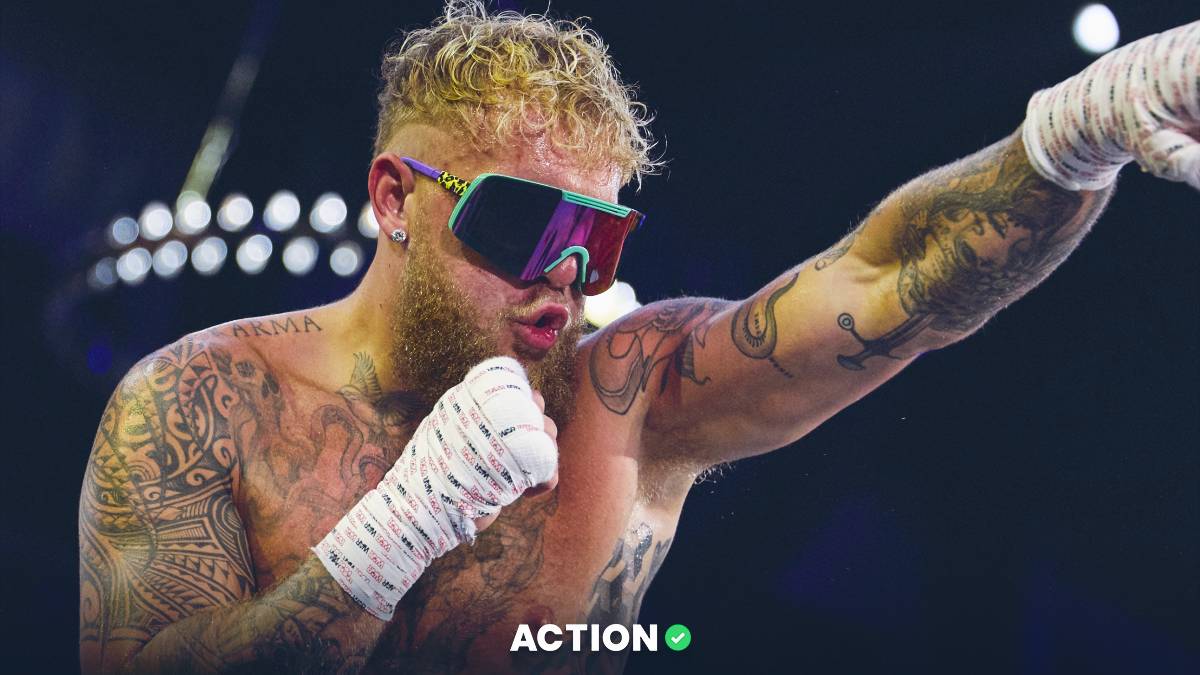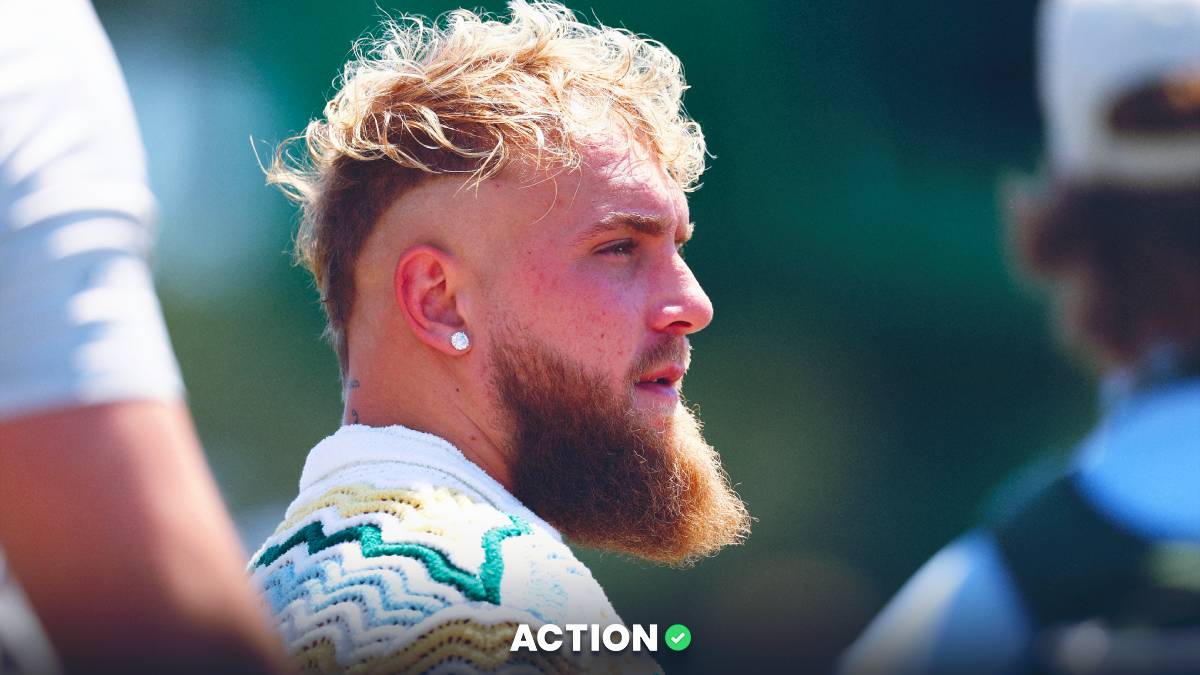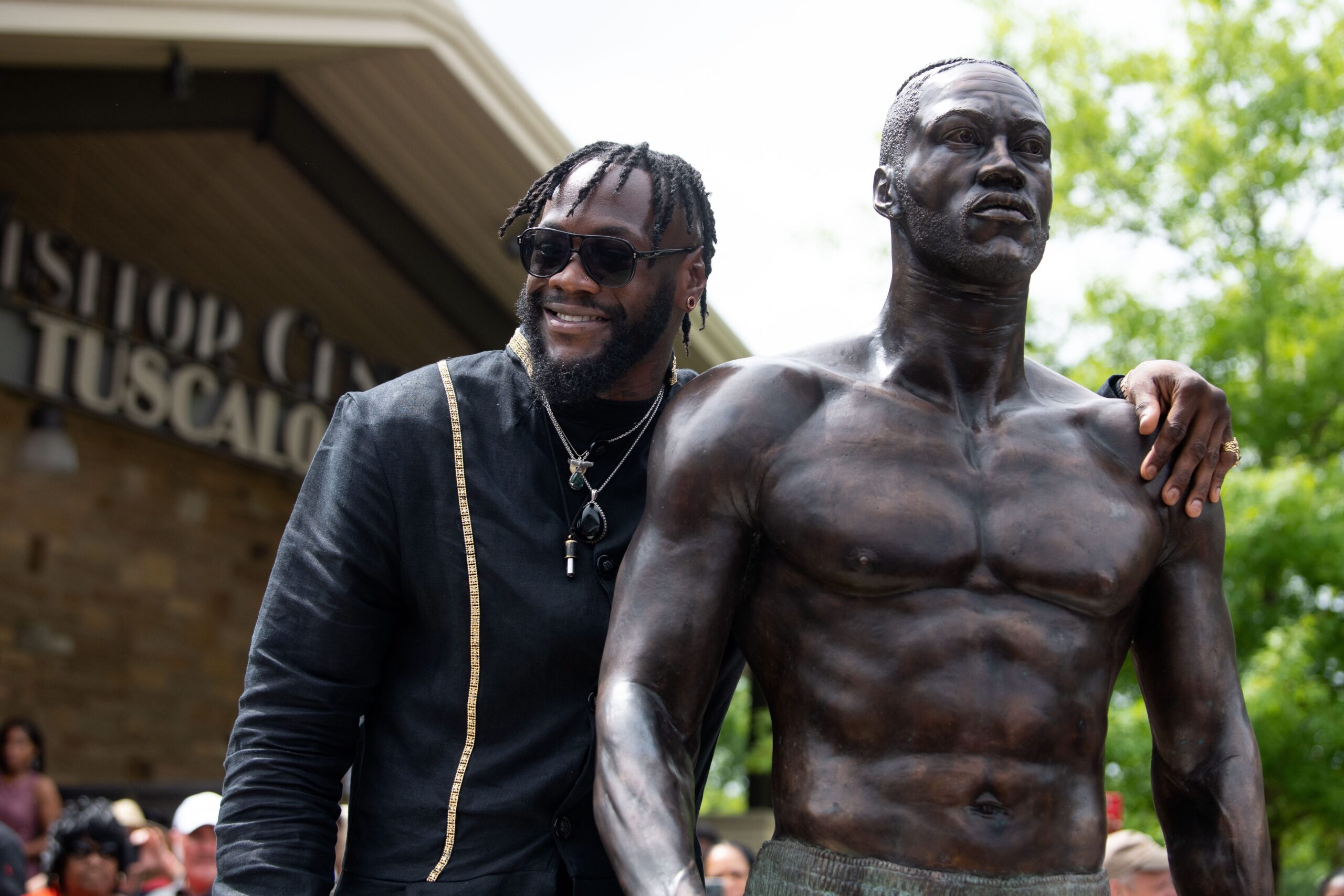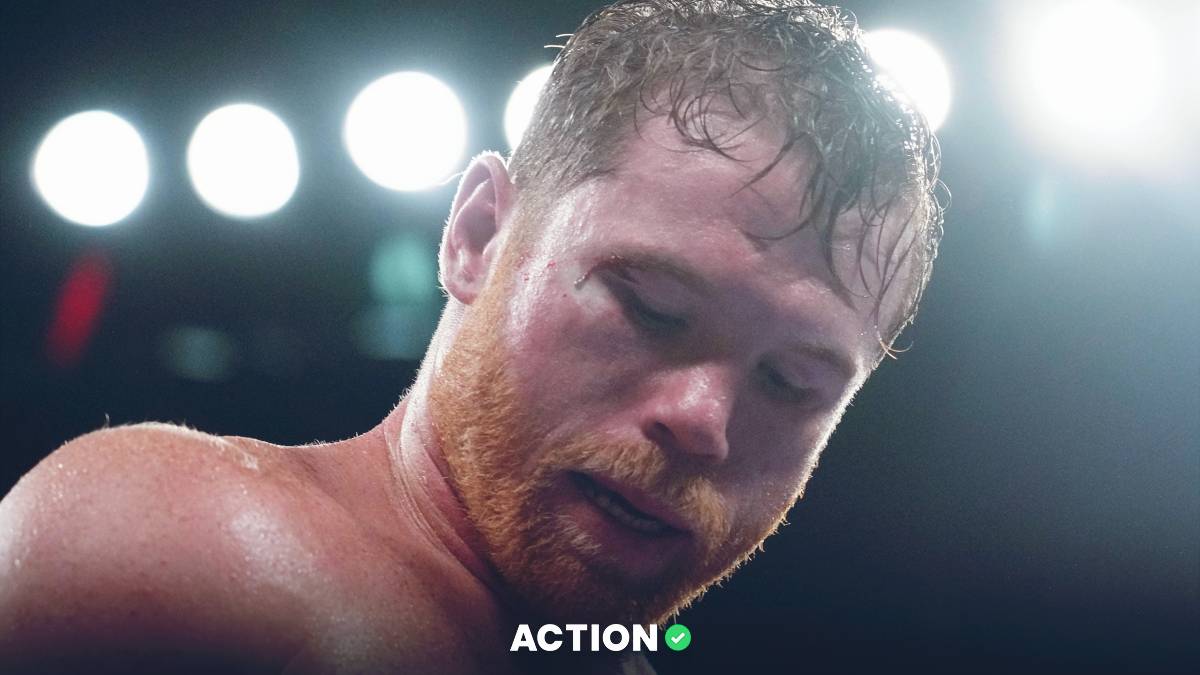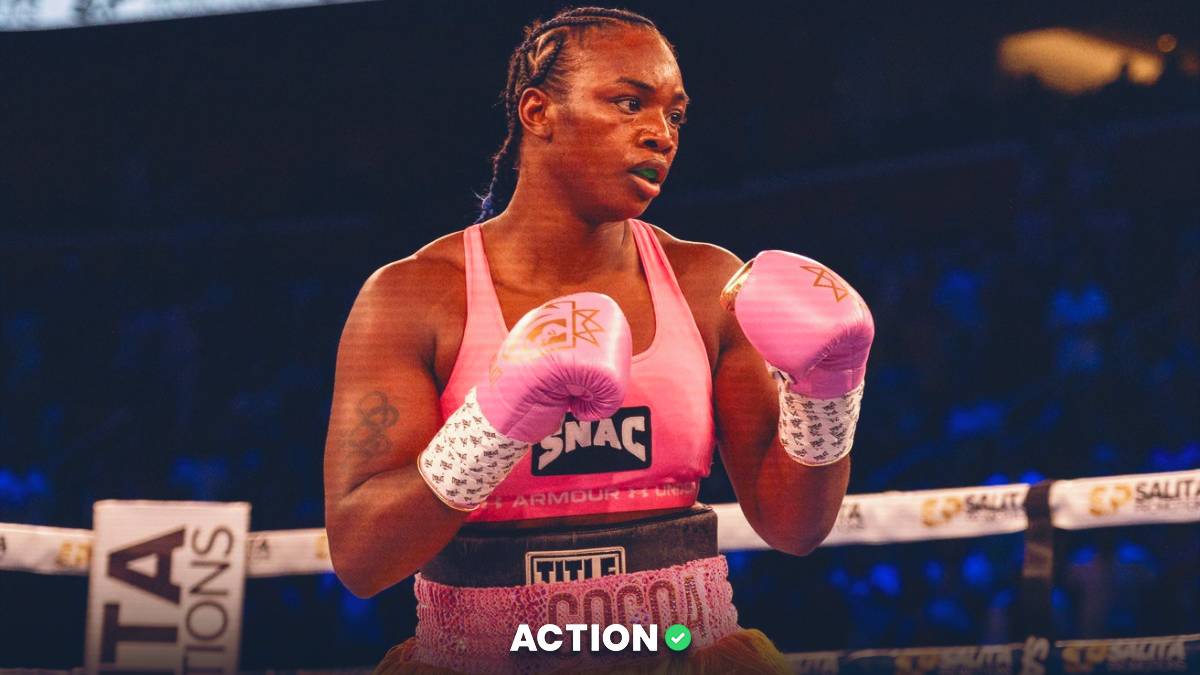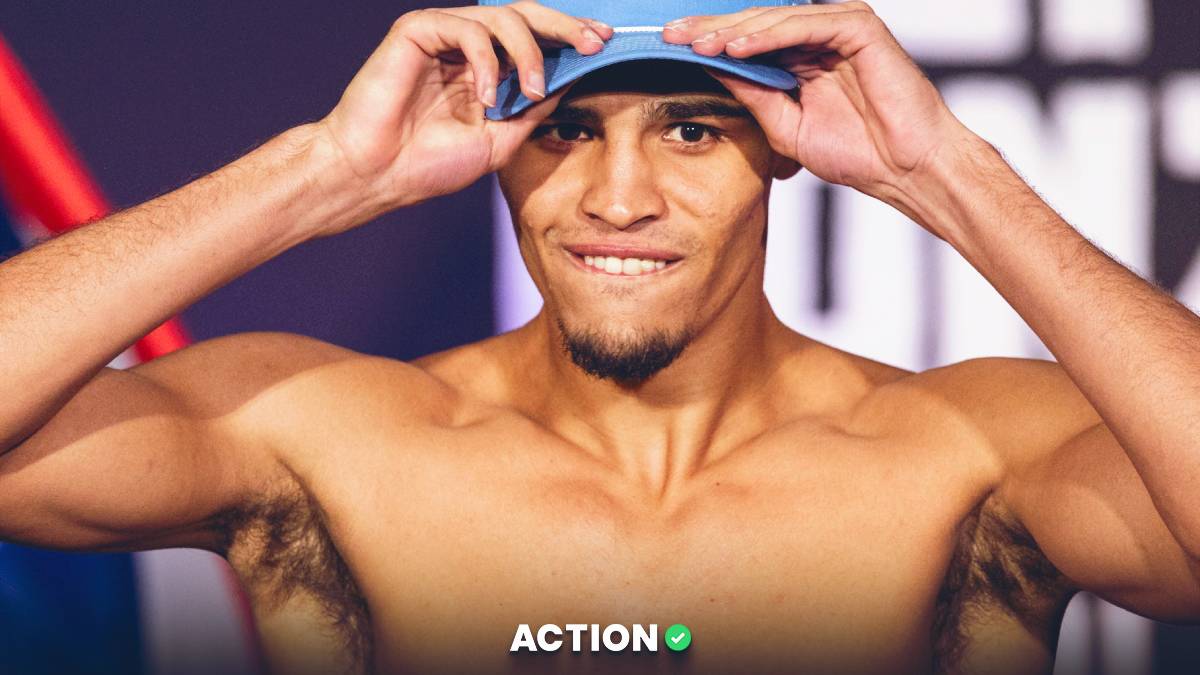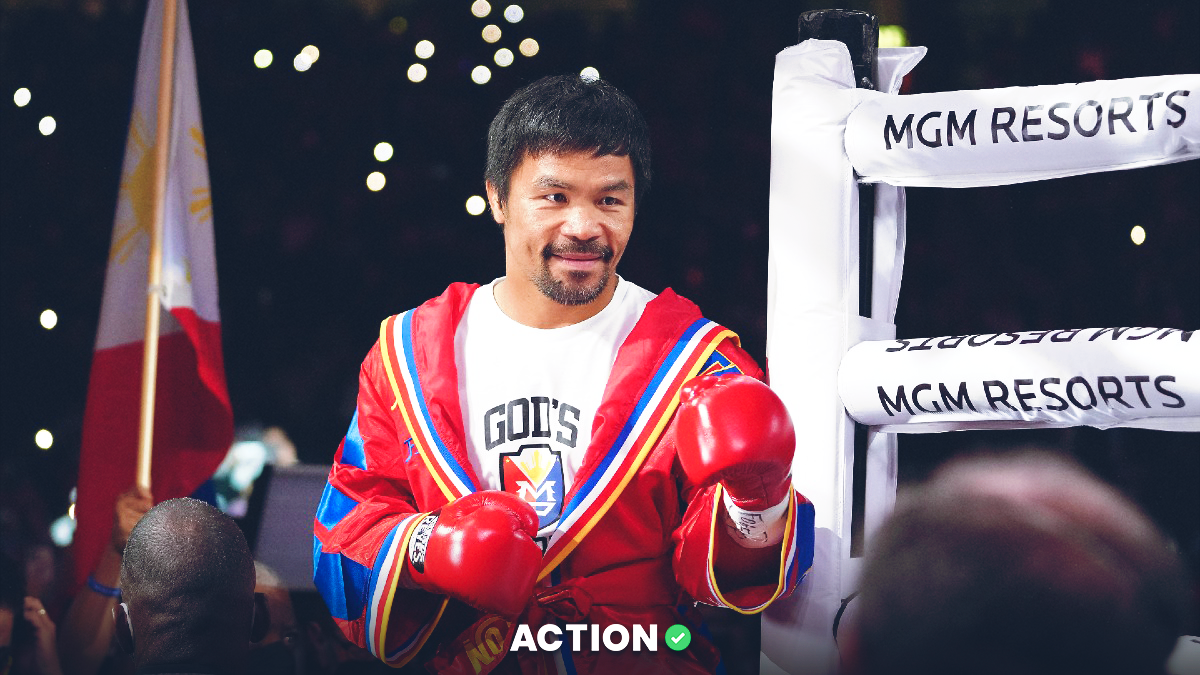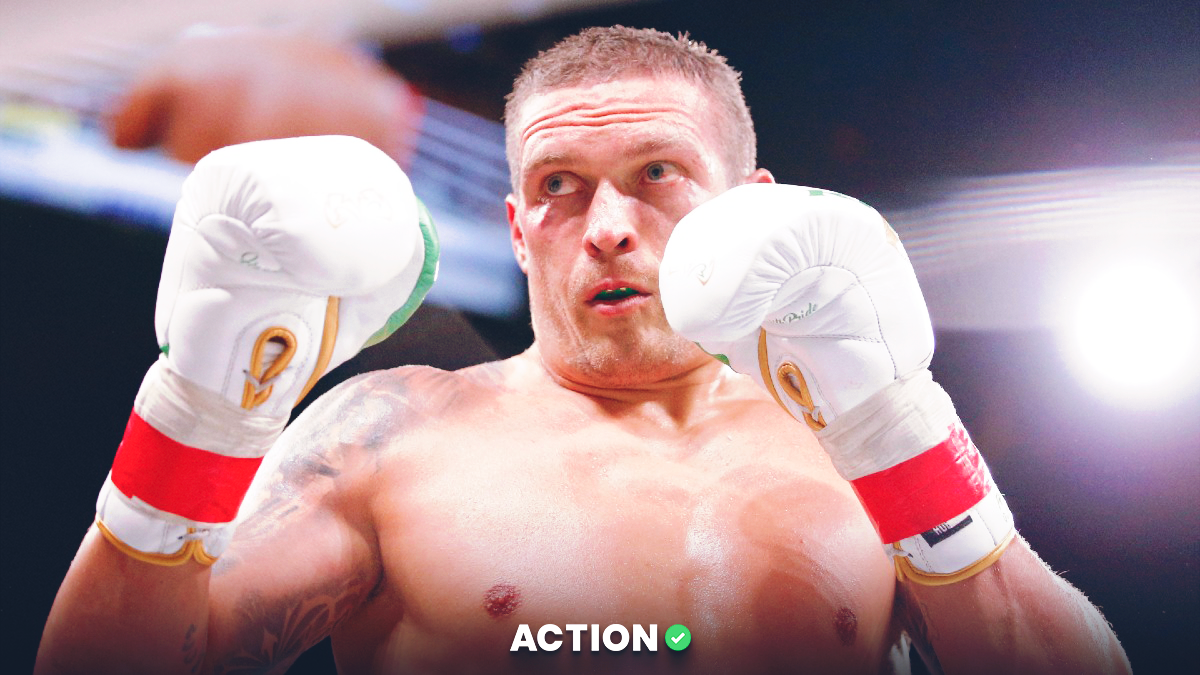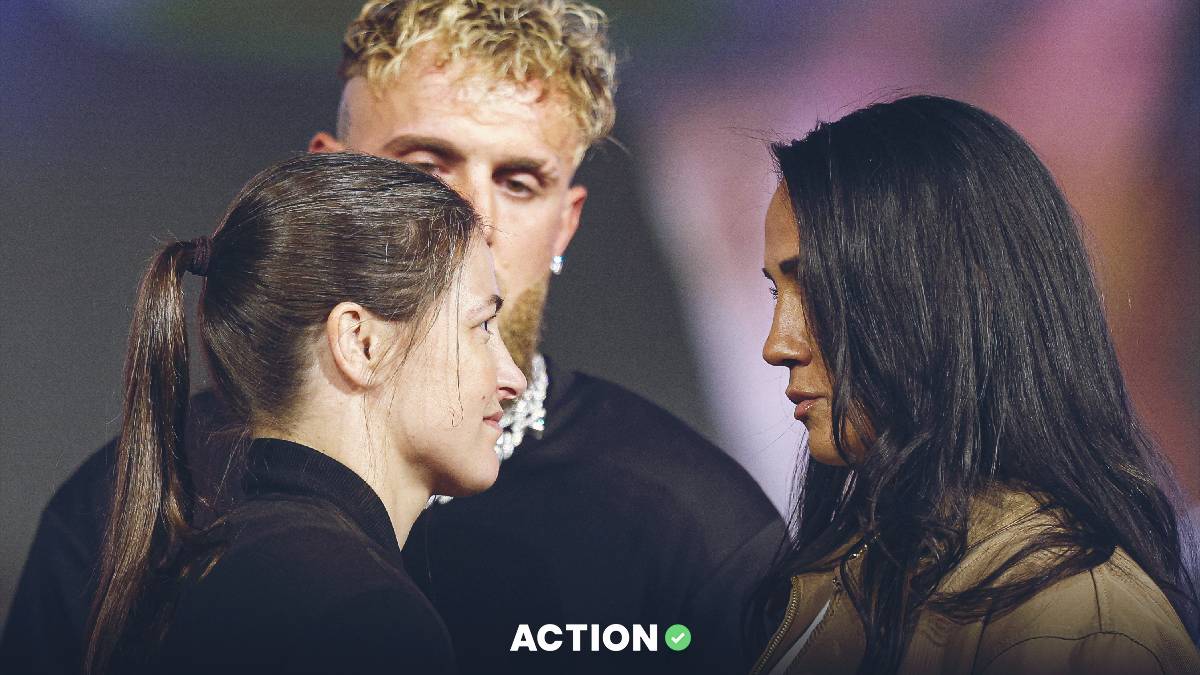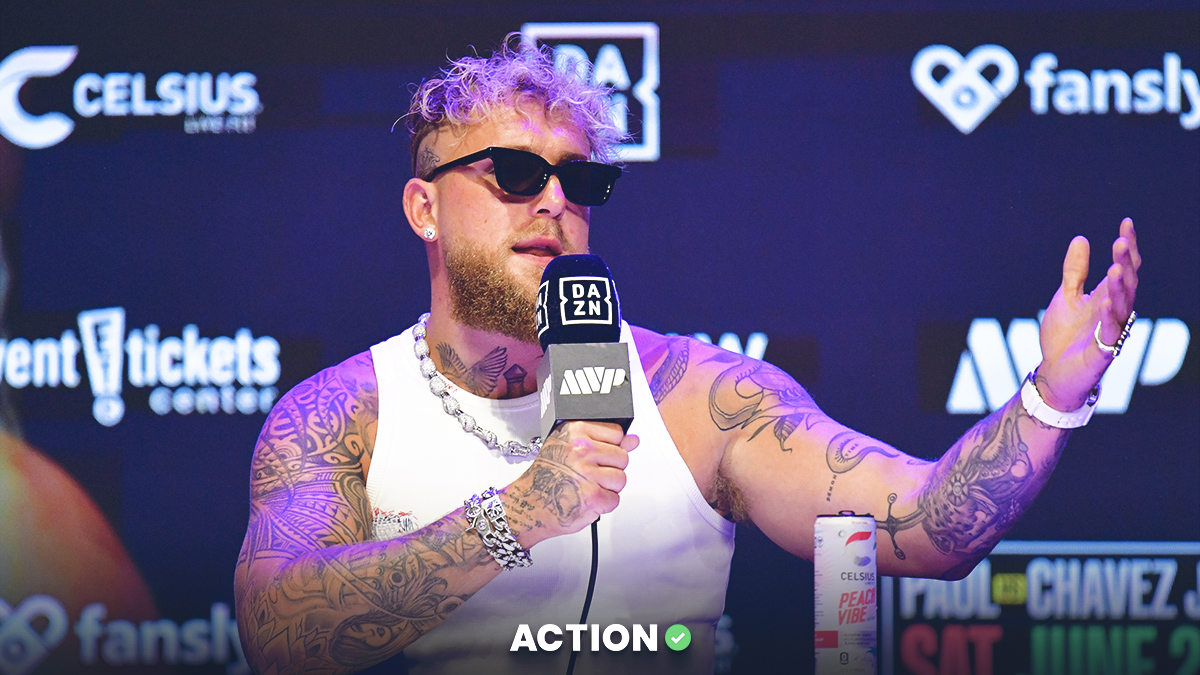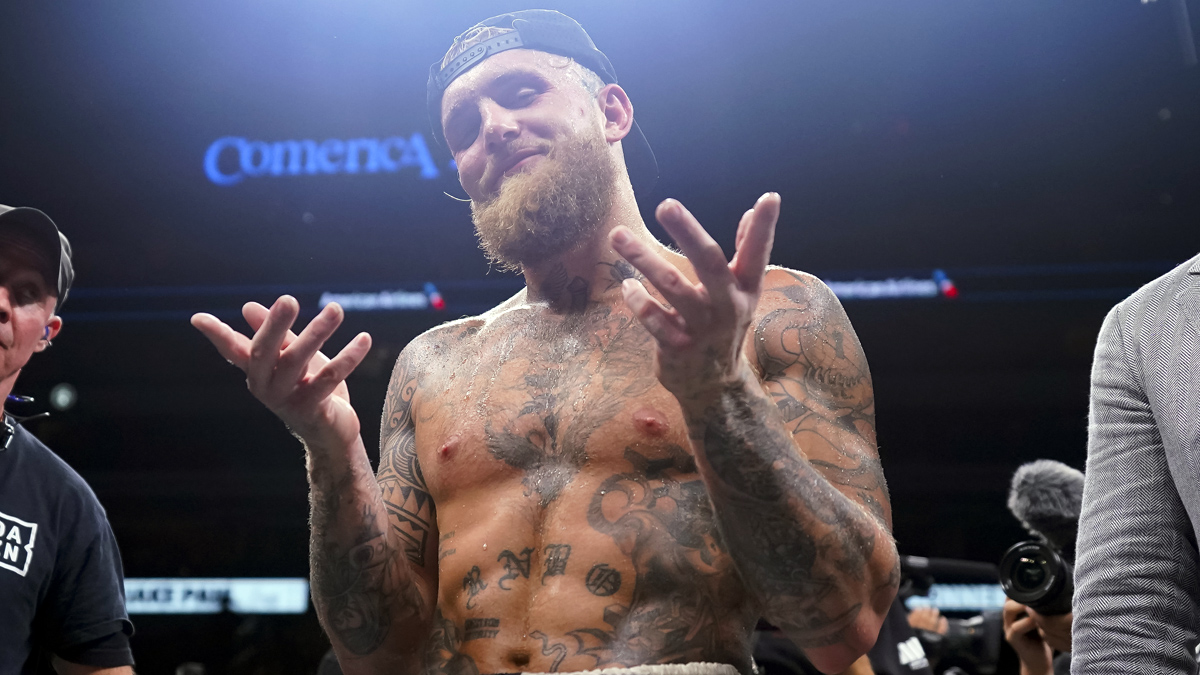Editor's note: This article was originally published in December 2018, before ESPN's airing of the "42 to 1" documentary.
Feb. 11 marks the 32nd anniversary of Buster Douglas' 42-to-1 upset vs. Mike Tyson, one of the biggest longshot victories ever in a head-to-head competition.
But as with all upset tales, Douglas over Tyson has taken on a life of its own after the fact. Thirty years later, there's plenty to clear up about "42-to-1" odds story.
1. All sportsbooks offered odds on when Tyson would knock out Douglas, but only one — the Mirage — offered bettors the chance to bet on Tyson or Douglas straight-up.
"We were booking Tyson fights and, as he continued to crush people, the underdogs were going from 6-to-1 to 8-to-1," recalled Jimmy Vaccaro, the head bookmaker at the Mirage at the time. "At some point, it's like what's the point in offering it anymore. It's like, who would offer a moneyline on Centenary vs Alabama if they're a 65-point underdog?"
The most popular bet across Vegas was for Tyson to drop Douglas and end the fight in either Round 2 or 3.
2. Anything offered above 10-to-1 would have made Douglas the biggest Heavyweight underdog of all time.
Prior to Tyson-Douglas, the greatest underdog to win a heavyweight title was James Braddock, known to many as "Cinderella Man," beating Max Baer in 1935. Braddock was a 10-to-1 underdog.
3. The press gave Douglas absolutely no chance.
The pre-fight clippings are hilarious to read now because they are such cold takes, none colder than Orlando Sentinel columnist Brian Schmitz, who, in his column a day before the fight, wanted to charge fight promoter Don King with fraud.
Wrote Schmitz: "When you're trying to persuade people to believe Douglas has a chance, false advertising is encouraged, if not a time-honored tradition — the fight racket."
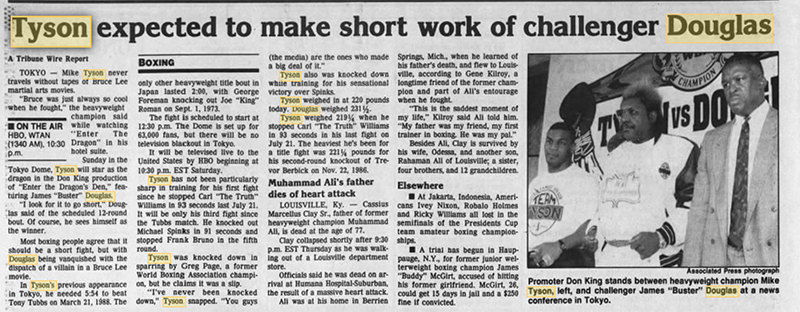
4. No matter how high the Mirage raised the odds, bets on Tyson kept coming in.
With Douglas at 27-1 and Tyson at 1-27, Vaccaro said he got a bet on Tyson. It was a $54,000 bet to win $2,000. He then raised it to 31-1 on Douglas and 1-31 on Tyson.
"I got something like a $93,000 bet on Tyson to win $3,000," Vaccaro said. "It was seen as such a sure thing."
Vaccaro said what made his position so unique was that, unlike so many of his other compatriots in Vegas, he didn't have to check with executives upstairs to make these moves. He had the authority to do them himself.
5. Douglas was offered at 42-to-1, but a bet was never made at that price. A bettor did take Tyson at 1-to-42.
"I took a $1,500 bet from an old wiseguy at 38-to-1," Vaccaro said. "I remember him saying to me, 'No fighter deserves that much respect.'"
Vaccaro said the biggest bet he received on Tyson was $168,000 to win $4,000.
"He told me he'd be back to collect his money," Vaccaro said. "He obviously didn't come back."
6. The signs that Tyson was vulnerable were there. They were just ignored.
Tyson came to Japan a month before the fight and didn't want to train. "All I was interested in was partying and f—ing women," Tyson would later say.
At a sparring session that King charged $60 to get in, Tyson's sparring partner Greg Page knocked him down and King reportedly kicked people out of the gym.
7. The Mirage didn't show the fight in its sportsbook
Even though the Mirage sportsbook was the only game in town if bettors wanted to take a side, it didn't have the fight when the live broadcast started at 7:30 local time in Las Vegas on Feb. 9.
"We didn't have Showtime," Vaccaro said. "We watched the updates on ESPN and paid attention to how they thought each round should be scored."
8. When the fight ended, the Mirage didn't pay out Douglas bettors for at least an hour.
"When the result came in, I didn't believe it," Vaccaro said. "I thought it had to be a mistake. So I told everyone, don't enter it in until we were sure."
9. The result made the Mirage the center of the sports betting world.
"We won like $400,000 on the fight, having booked about $13 million," Vaccaro said. "But that was nothing compared to the publicity we got from around the world. People were calling the hotel asking for our reaction — we were the only ones who even considered that Buster could win."
10. The Mirage eventually gave that money and then some back
Mirage owner Steve Wynn was so ecstatic with what happened that he made it his mission to use it as a jumping off point to battle Caesars Palace for the big fights.
Buster Douglas asked for $25 million to fight Holyfield and, if he won $35 million for a Tyson rematch. There was no negotiation. Wynn said yes.
"We did an absolutely monster handle, but I remember after Buster lost to Holyfield, I remember Steve kicked all of his guys out of the hotel," Vaccaro said.


